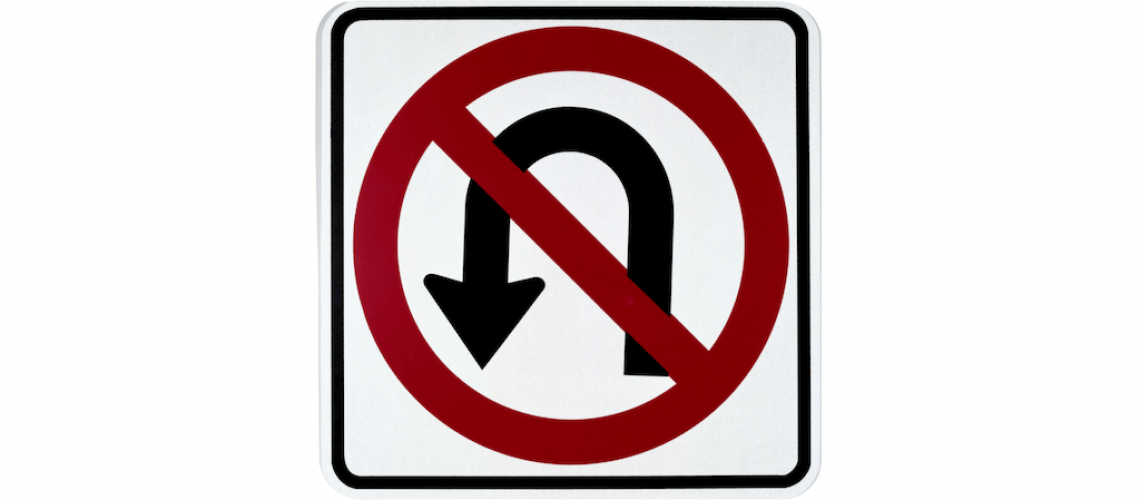I counted my pedal strokes one at a time, down, up, wiping sweat off my brow.
One, two, three, four, five…
Will this never end? …548, 549, 550!
Counting kept my mind focused so I could make it to the top of each hill during my cycling trip to Spain. Every time I thought I was near the top, there was a sharp turn which led to more incline. Who knew Spain had so many steep hills and mountains? I made it…to the top of that hill and many others, but it was a challenge. One day I finally traded in my bike shoes for running shoes once I realized I was walking more than I was riding.
It was a fun and beautiful trip…but clearly I was not prepared. I had not spent the time to understand what it would take to achieve the level of fitness required for my trip. I had been on a similar trip in the past, signed up without knowing much about it, and then got “too busy” to research or train. So on Labor Day, my husband and I naively got on a plane to Spain without knowing just what lay ahead of us.
This can happen in your career as well. If you don’t know what it takes to prepare for your next level, not only do your job choices become arbitrary and risky, you lose ownership of your career.
Without knowing whether a job is a good fit for you, you might just say “yes” to a job that someone else tells you would be “good for you”. It might be. Or it might just be that the person really needs you and isn’t considering your career path.
Let’s take a look at “Anne”.
Anne had a successful career in her industry. Not long after she had settled into a new job, she was asked to take another job within the company. The new job was a promotion in title and responsibility. She felt valued that they had chosen her, so, without considering her options, she agreed to take the job.
The job ended up being very different from what Anne had expected: the areas needing attention in the role were not what she enjoyed and the skills required were not ones she had developed. Others had assumed that Anne had the required skills. Anne had always avoided jobs that emphasized the now-critical skills because she didn’t enjoy that part of the business.
In a year’s time, not only was Anne stressed and miserable, she was failing in the job. By exploring a few key areas, Anne could have made a better decision about the job and taken ownership of her career to move to a next level she enjoyed and for which she was prepared.
- Know yourself. By knowing her unique characteristics and understanding how she best adds value, Anne would have had a big indicator that this job was not a good fit.
- Know what others know about you. We think we know what others (e.g. bosses, peers, HR decision-makers, sponsors) know about our abilities, but do they really know the full picture? What assumptions might they be making?
- Know what will be required in the job. Titles do not tell the story. The circumstances, business environment, management team, and culture, all play a part in what any given job will really be like.
- Know how to get the skills you need. Everybody has advice on this. The key is to get the right perspective. Anne believed and was advised by others that her past experience had prepared her for this next job. Had she examined it more closely, she would have known that was not the case.
Before changing directions in your career, consider whether your new role has at least some elements that play to your professional strengths, whether you have a support network of advocates that want you to succeed and will guide you along the way, and whether you’re turning in the right direction (i.e. developing a skill that you can build on to get to your next goal). You may want a new position to gain visibility for your success, but just as visibility can work for you if you succeed, it can shine a spotlight on you if you take on too much and it doesn’t go so well. Don’t shy away from the risk but consider it when making your decision.
Had I asked a few questions of people who had ridden the Spain trip before, I would have known what sharp turns were ahead. I would have then (hopefully) have had the good sense to prepare myself for the trip or choose a different route. My knowledge of my own strengths and limitations, combined with the experience of others who had gone before me would allow me to make a better decision on how to prepare and whether to accept the challenge. Not every challenge is meant to be accepted…until we’re ready for it.
Question of the Day (QOTD): Are you talking to the right people to find out what sharp turns might be ahead in your career path?





